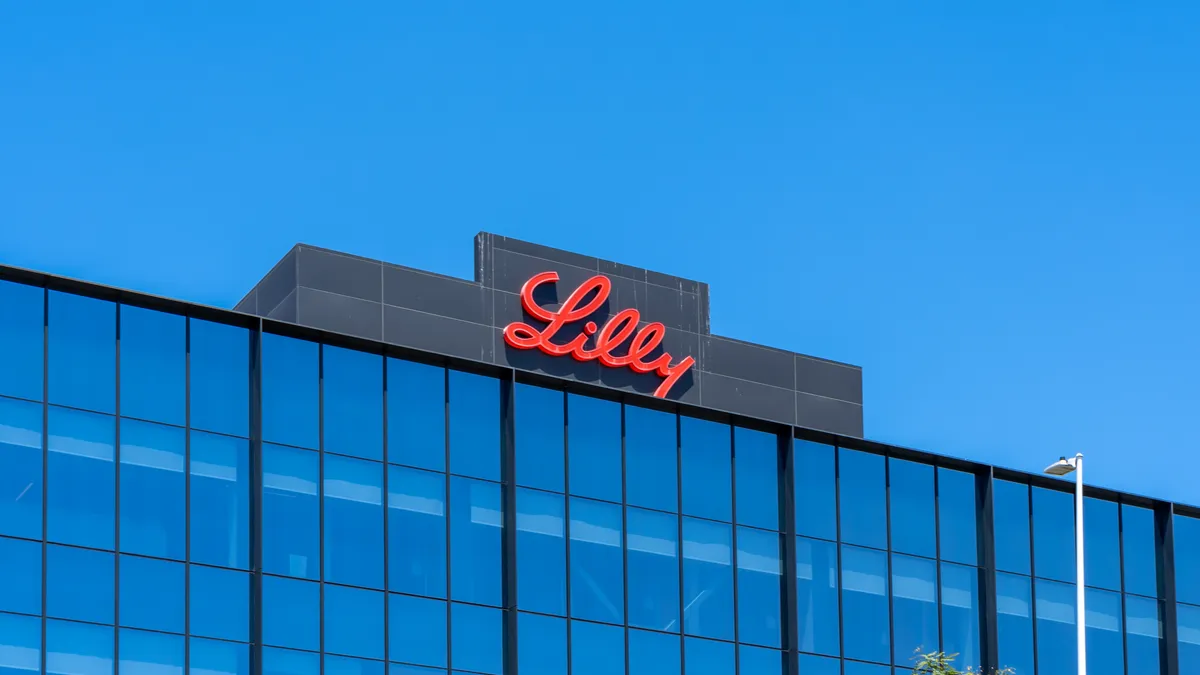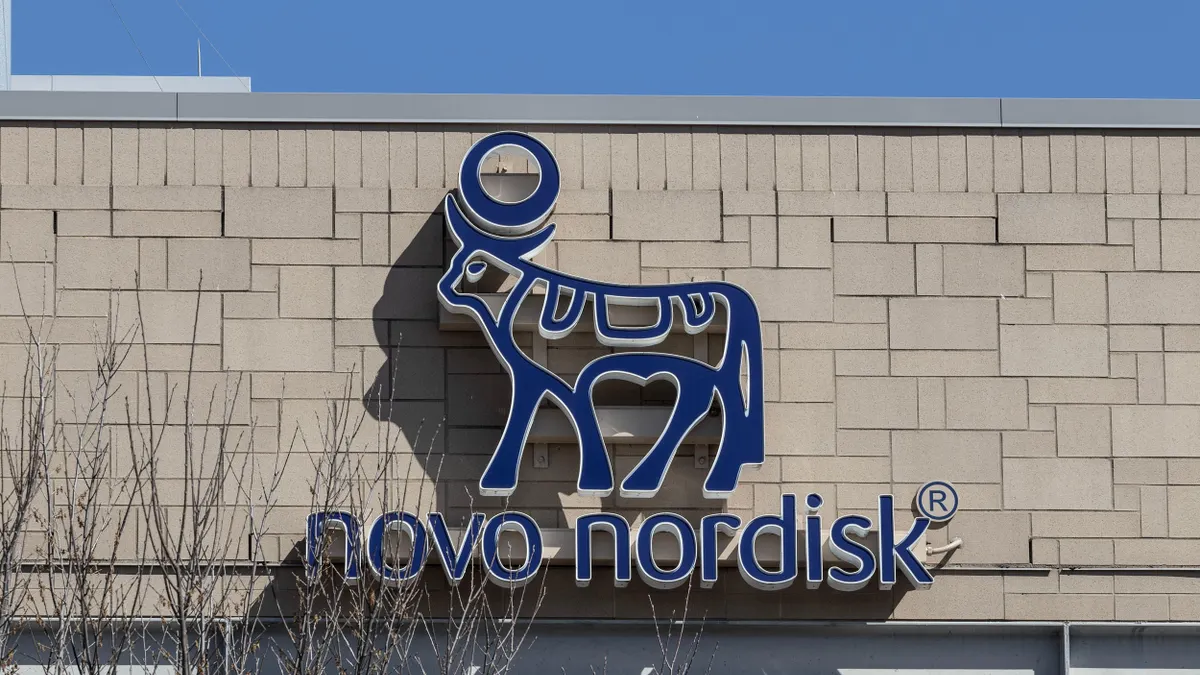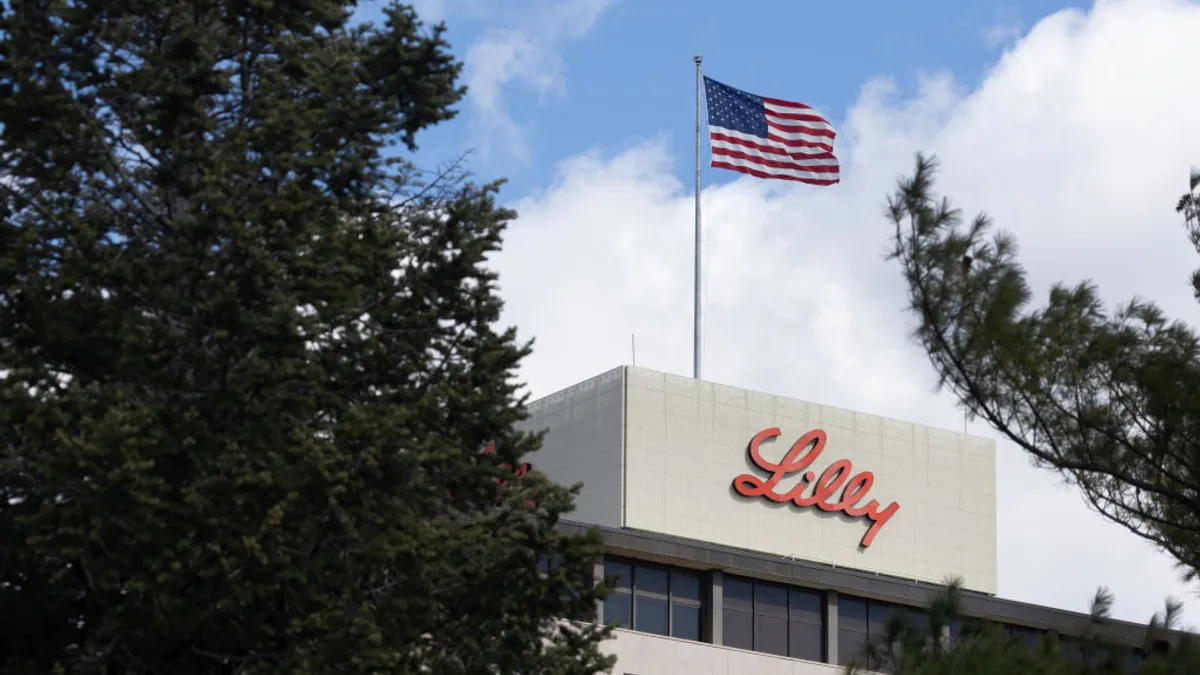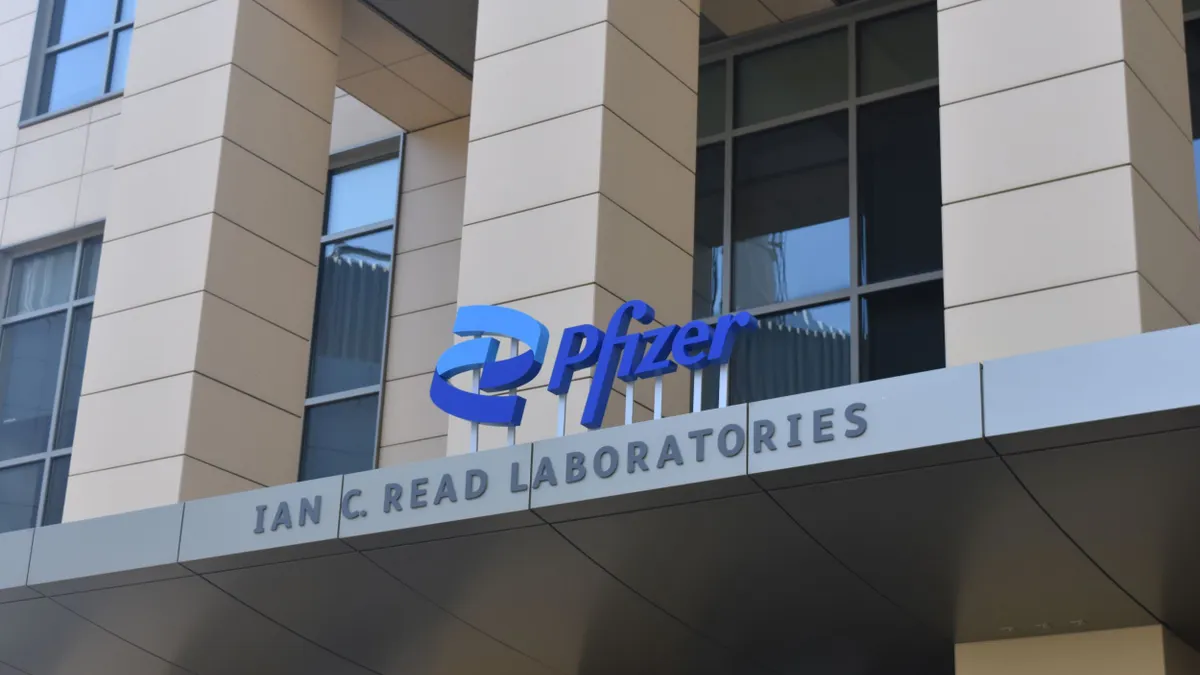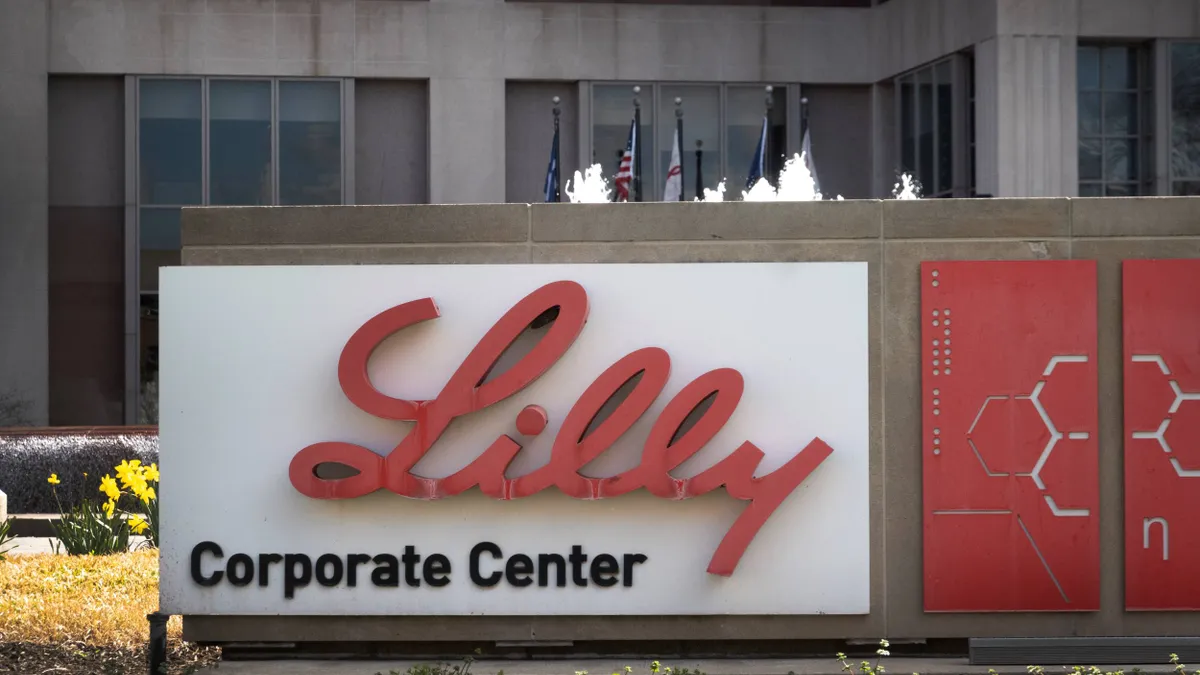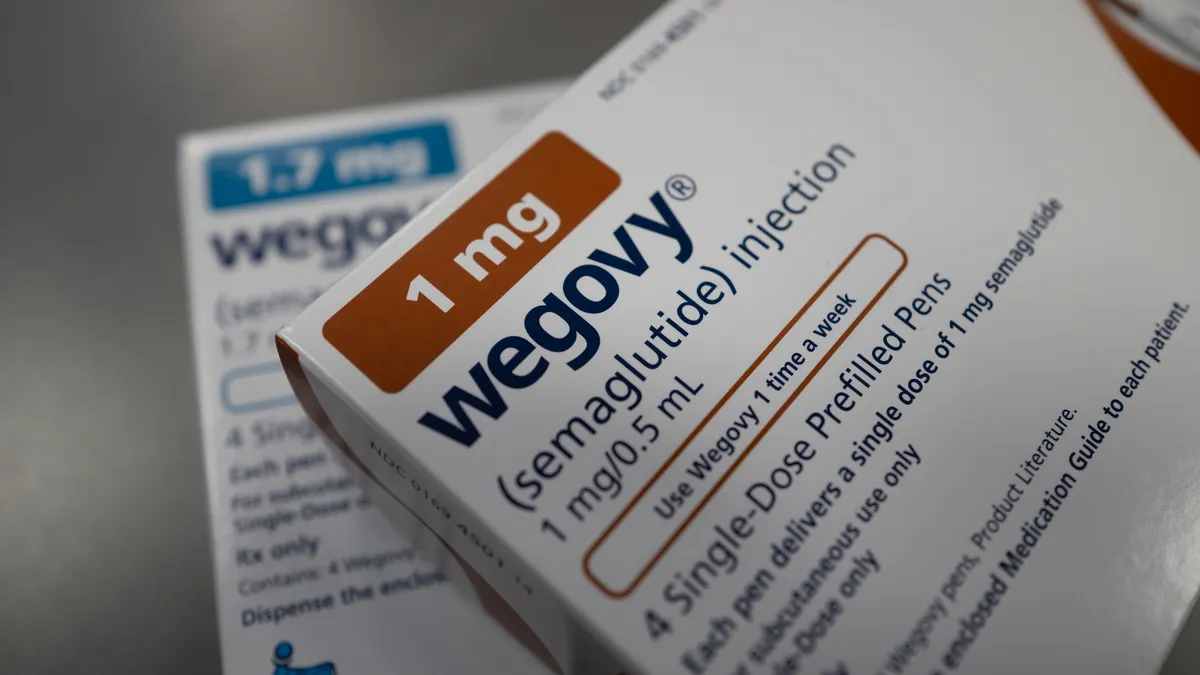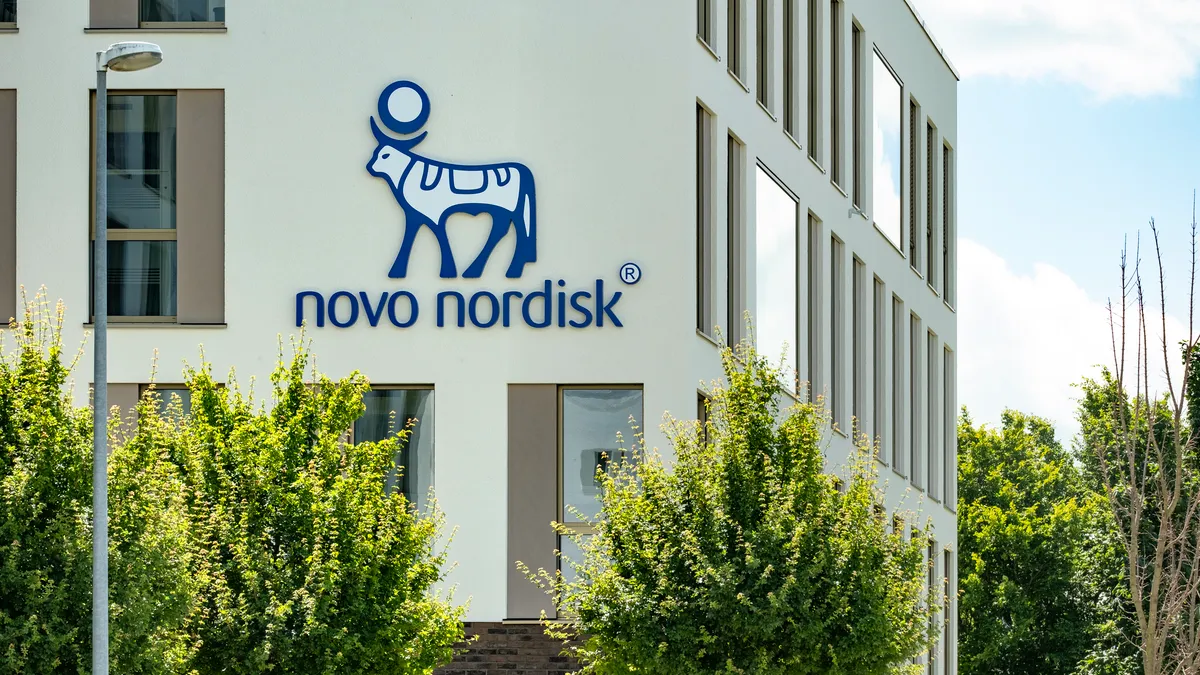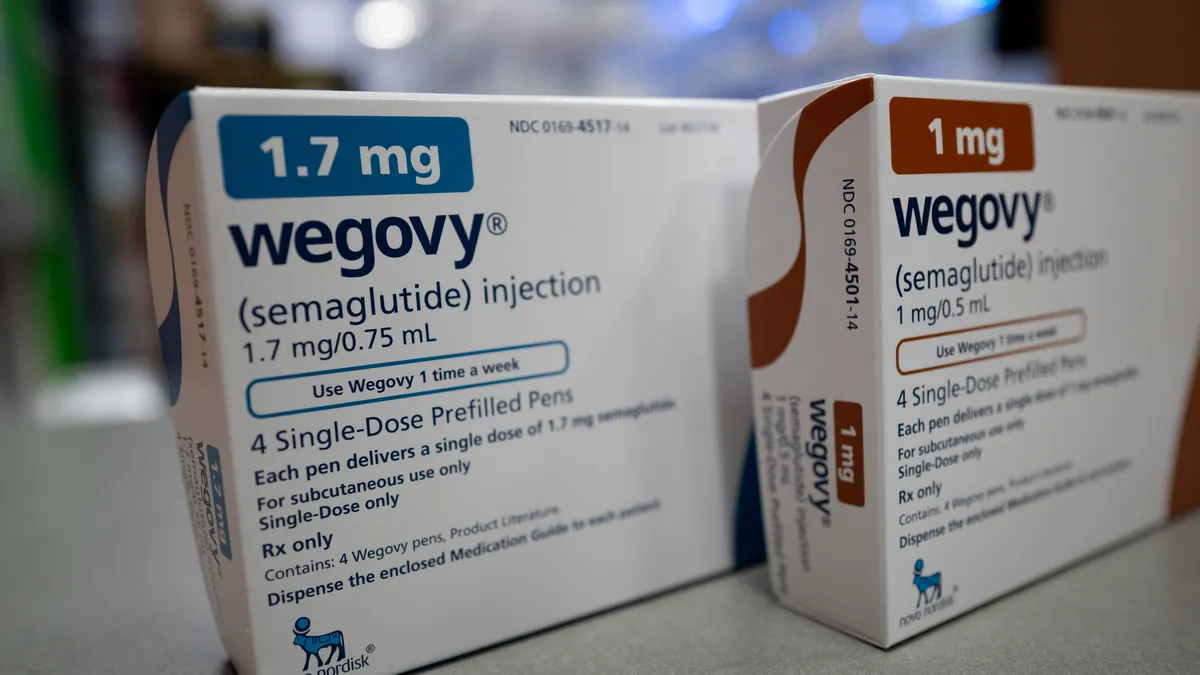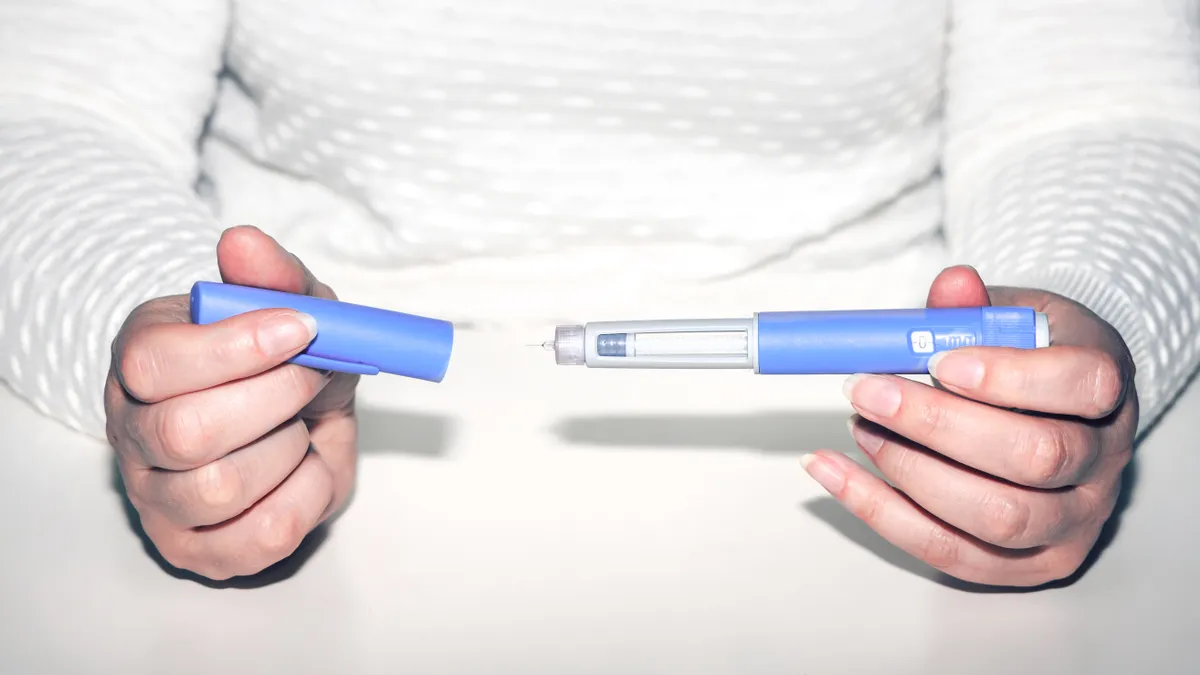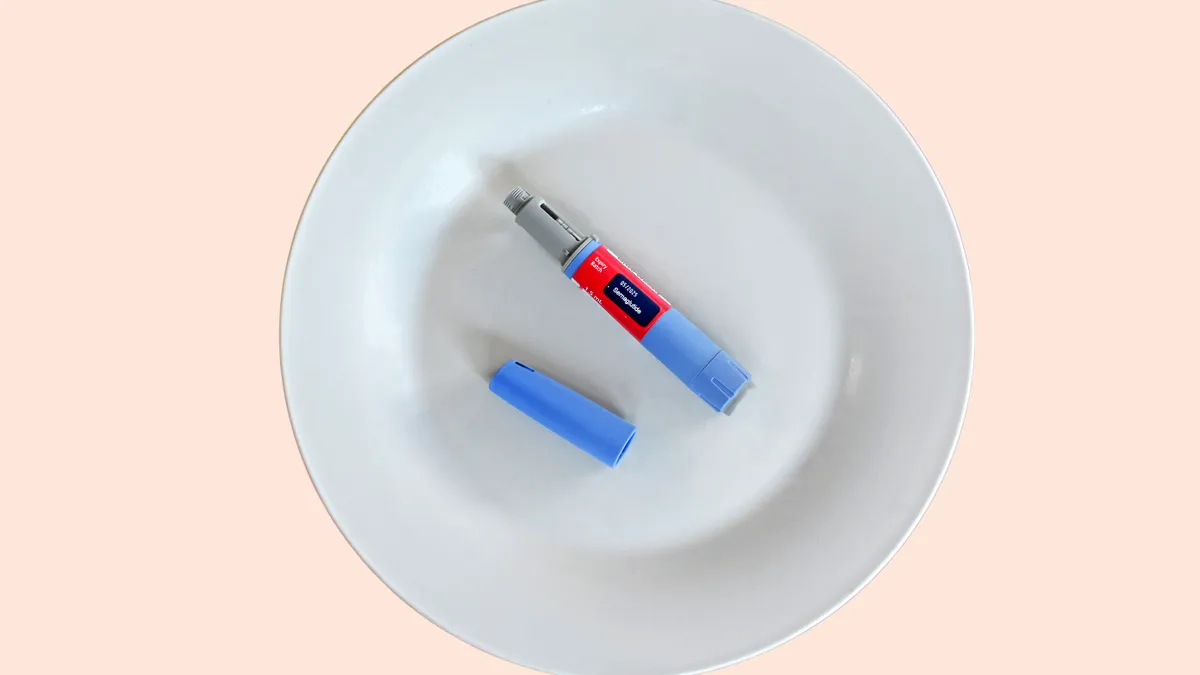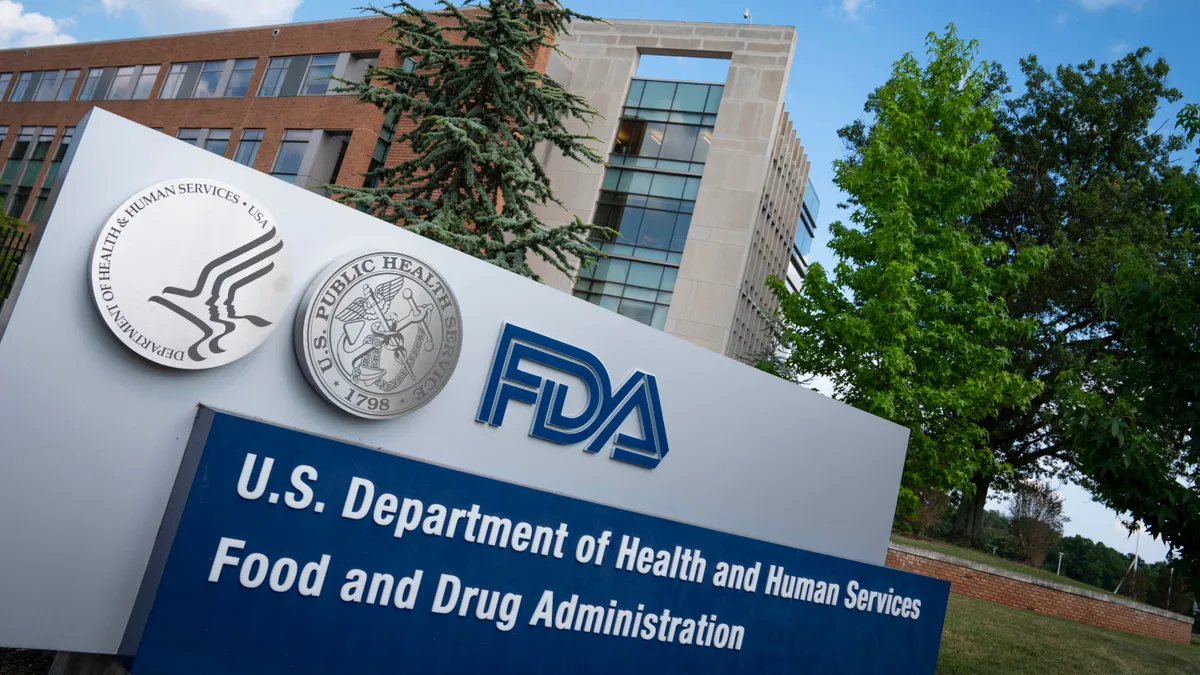Dive Brief:
- Novo Nordisk is terminating a marketing deal for its obesity drug Wegovy with Hims & Hers Health just eight weeks after it began, claiming the telehealth company “has failed to adhere to the law which prohibits mass sales of compounded drugs.”
- Hims had marketed compounded Wegovy under laws that permit it to while a drug is in shortage, but the U.S. government said the shortage ended in February. The Danish drugmaker partnered with Hims and other telehealth companies to help its customers transition to branded Wegovy.
- Novo said it is taking the action to protect patients from “knock-off drugs made with foreign illicit active pharmaceutical ingredients” that Hims justified under the “false guise of ‘personalization.’” In response, Hims CEO Andrew Dudum said Novo was “misleading the public.” Shares in the company fell nearly 30% in morning trading.
Dive Insight:
Novo and rival Eli Lilly struggled to meet demand for their obesity drugs following their respective launches, forcing them to spend hundreds of millions of dollars to expand manufacturing of the complex, injectable peptide drugs. Besides adding factory capacity, Novo’s controlling shareholder purchased the contract manufacturing company Catalent for $16.5 billion and sold three of its factories to Novo Nordisk.
While the drugs were officially in shortage — as declared by the Food and Drug Administration — companies like Hims were permitted under federal law to provide copycat versions of Wegovy and Zepbound manufactured at compounding facilities.
This fueled the growth of Hims and other telehealth companies, which were able to provide them in direct-to-consumer channels as well as better accommodate cash-pay patients who can’t get obesity drug coverage through employers. Some analysts believe cash-pay patients will constitute a much bigger share of the obesity drug market than other types of drugs.
With the end of the shortage, both Novo and Lilly sought to provide similar types of services through pharmacies and other types of consumer-facing companies, which also included cash-pay options and lower prices for people who paid cash. Lilly initially used online pharmacies like Eversana and Truepill, while Novo partnered with the telehealth companies, including LifeMD and Ro in addition to Hims. Lilly later signed deals with Ro, Teladoc and LifeMD.
In a recent presentation at an investor conference, Lilly finance chief Lucas Montacre said some compounders had continued to combine the active ingredients of FDA-approved obesity drugs with other molecules or vitamins and called them personalized treatments.
“We are enforcing in those agreements that, as long as the product is out of the shortage list, those telehealth services are not compounding either [Zepbound] or [Wegovy],” Montacre said of its deals.
Hims said the deal ended because it was defending the “ability of providers and patients to control individual treatment decisions.”
“In recent weeks, Novo Nordisk’s commercial team increasingly pressured us to control clinical standards and steer patients to Wegovy regardless of whether it was clinically best for patients. We refuse to be strong-armed by any pharmaceutical company’s anticompetitive demands,” Dudum wrote in a post on X.
Editor's note: This story has been updated with a response from Hims.














